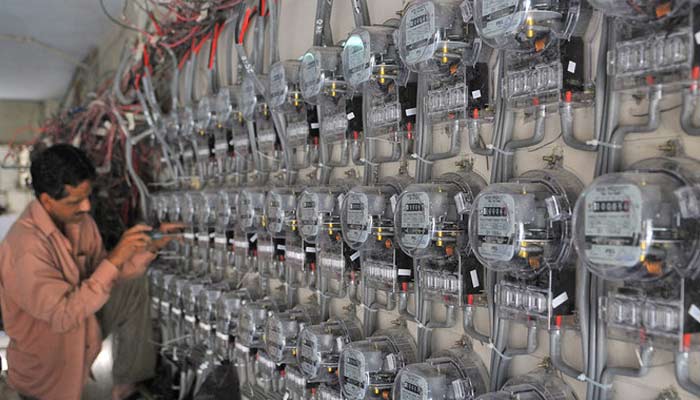
- Petitioner’s lawyer says KE failed to install guard wires.
- Court upheld their compensation demand, says lawyer.
- Court orders for recovery of Rs14.5m with other amount.
KARACHI: A court ordered K-Electric, the electricity distribution company, to pay Rs19.3 million in compensation to the family of a minor child who died of electrocution more than six years ago.
Senior Civil Judge East Karachi Ambreen Jamal delivered the verdict in the case pertaining to death of young Azhan Siddiqui, 8, in 2017 due to electrocution during rains.
Judge Ambreen on Tuesday issued the veridct against K-Electric. Petitioner’s lawyer argued before the court that KE failed to install guard wires.
The plaintiffs, the victim’s parents, had held the electricity supply company liable to the damages for its criminal negligence, lack of safety measures and poor maintenance. The case was filed under the Fatal Accidents Act.
The court upheld their compensation demand, the lawyer said.
The parents had said that the electric wires snapped on the main street during down pour due to some physical defect owing to negligence of the KE. The wire remained alive despite its snapping from an electric pole, while carelessness was committed in its repairing, the plea added.
The plaintiffs further submitted that the defendant overlooked the system maintenance and periodical check-ups of the rusty wires. The defendant failed to remove the fragile, feeble, and rusty wires having some physical defects being unable to withstand the rain which fell down in the said area and resulted into the fatal casualty, they added.
They claimed a sum of Rs14,500,000 in compensation, saying the amount was reasonable and just in accordance with the principles laid down by the superior court for claiming compensation under the Fatal Accidents Act, 1855.
Remarking that the plaintiffs had proved their claim, the court decreed recovery of Rs14.5 million. Whereas, it ordered, the petitioners were entitled for compensation of 4.82 million as well, “with markup at prevailing bank rate from the date of decree till realisation”.
